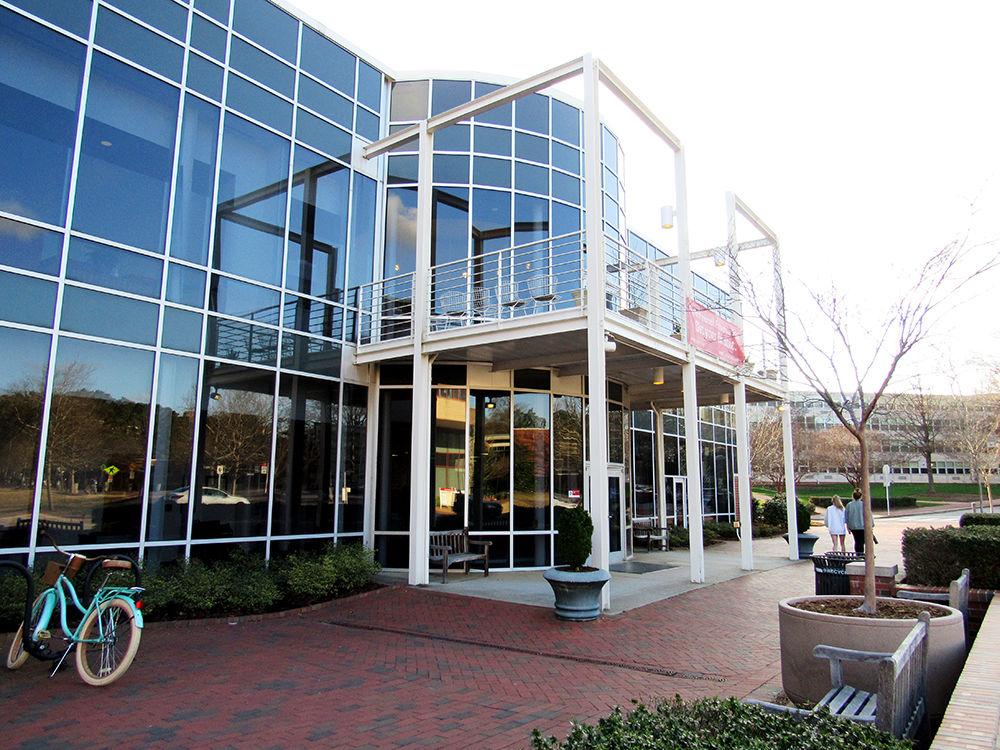As demand for the Counseling Center’s services increase, the center has begun offering alternatives to traditional therapy to accommodate heightened student interest. The center offers various workshops and drop-in services meant for students hoping to accomplish different goals or receive support along with regular counseling.
Monica Osburn, executive director of the Counseling Center, said there are many benefits to taking advantage of the new alternative services for both students seeking traditional therapy who do not know what to expect, and those who may not need regular counseling, but are seeking some support.
“Not every student needs traditional therapy, and some of the students that could benefit from traditional therapy, if they’ve never had it before and they don’t know what to expect, the workshops are really helpful in teaching them how to use therapy,” Osburn said. “It’s almost like a primer to be able to be more successful when they actually do get in therapy.”
Osburn also emphasized the importance of vetting the new services before releasing the resources to students through research and pilot stages.
“We just can’t serve all of the students who need services in an individual counseling capacity,” Osburn said. “We wanted to make sure if we were going to shift our model that the new model would be research-informed and evidence-based. We want to make sure it works before we do it.”
According to Osburn, one of the most popular additions to the center’s services is Anxiety Toolbox, a workshop centered around gaining skills to cope with anxiety. The service began in a pilot phase last fall, and since it has become official, sessions have been filling up rapidly. Osburn said the program has been well received by participants.
Additionally, the Counseling Center offers a workshop for students experiencing depression-related symptoms called Getting Unstuck. For students who may be seeking an online therapy option, the counseling center also offers Therapy Assisted Online (TAO), which teaches various coping skills including mindfulness and meditation.
Jimmy Liu, a first-year studying communication, expressed an interest in the alternative counseling programs, but also said he felt he had not been well-informed about all the Counseling Center has to offer.
“As someone who has not had therapy at all, I wish the Counseling Center had explained the pros and cons of each different type of therapy,” Liu said.
Along with recurring services, the counseling center also offers workshops centered around annual events such as Domestic Violence Awareness Month.
Eli Ramos, a first-year studying biology, said he appreciated the Counseling Center’s inclusion of the event.
“It’s cool that they offer that, because when you’re in college, it’s your first time navigating a real relationship,” Ramos said.
According to Osburn, student voices play a crucial role in the Counseling Center’s creation of new programs. During the pilot stage, all new programs receive critique from the students involved. For example, Osburn explained how that process occurred for a new online module which was in the pilot stage last fall.
“We had feedback from students about what they felt worked, what didn’t work, what they needed more of,” she said. “We’re constantly working to improve it based on the student feedback at NC State. That’s just one example. We do that with each module.”








